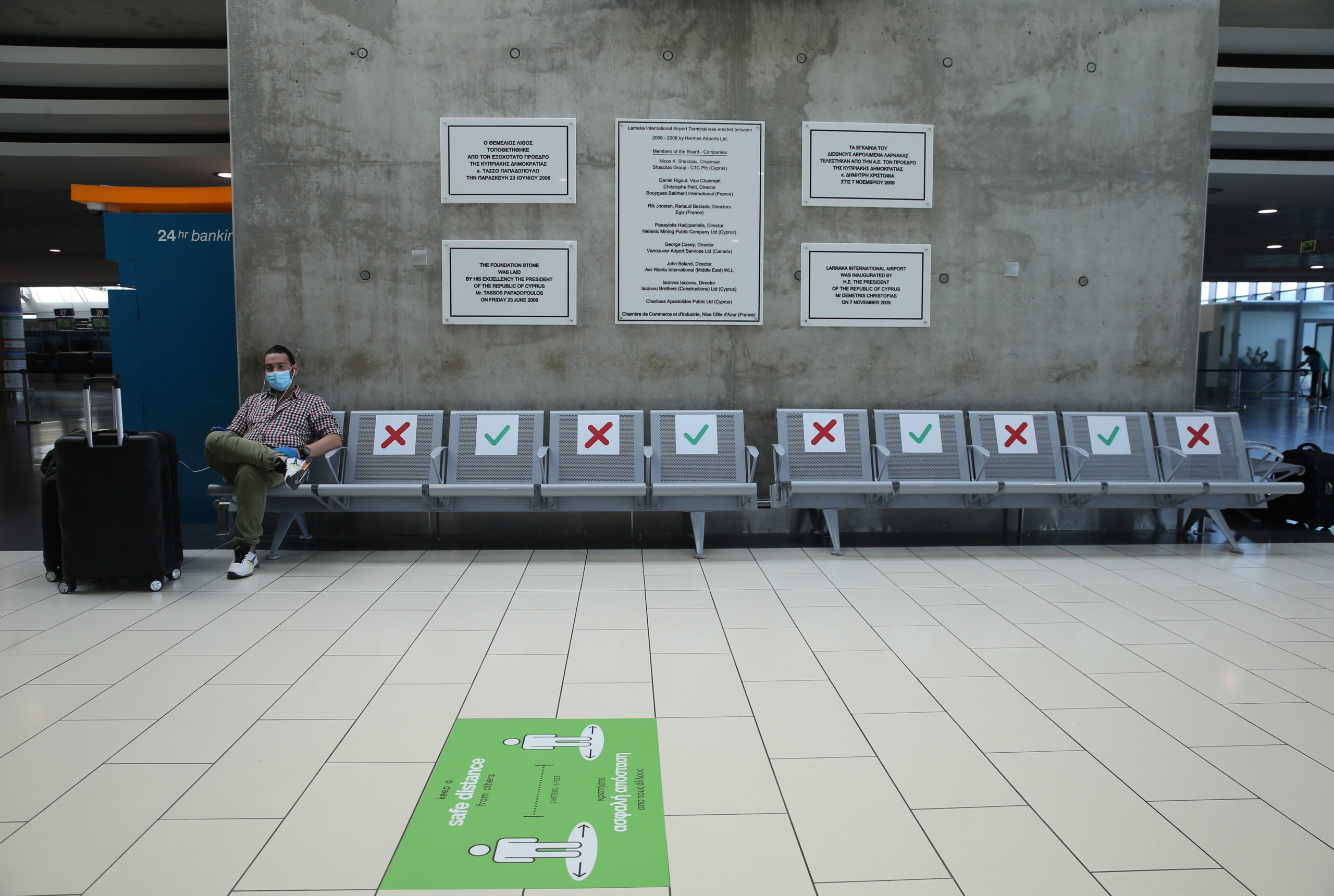Cyprus confirmed on Monday it will welcome UK tourists from 1 August after placing the country on the safe entry list but in the secondary band where visitors need to provide a negative COVID-19 test.
The Health Ministry announced the UK has been placed in category B, a higher risk band of countries than those that do not need a test like Germany and Greece.
The ministry reaffirmed a cabinet decision taken early July to let in tourists from its largest market, on the condition they carry a coronavirus negative test less than 72 hours before their entry to the island.
Pressure had been mounting on the authorities from hotels and other tourism stakeholders to give a firm date for when British visitors can return to the Mediterranean holiday island as UK arrivals make up 33% of all tourists.
Cyprus tourism is underwater as Russia and Israel – the island’s second and third-biggest tourist markets – are not among the EU’s 15 ‘safe’ destinations list which means Nicosia cannot allow them entry.
Israel was not included in the list of 15 countries deemed safe by the European Union to allow entry, as the country with an 8.8 million population has now reported more than 60,000 confirmed COVID-19 cases.
Russia’s epidemiological data is such that Cyprus can’t include it. The country has reported 818,120 cases to date.
The UK (33.5%), Russia (19.7%) and Israel (7.4%) contributed a combined 60.6% of all tourist arrivals to the island in 2019.
Cyprus is marketing itself as a relatively safe holiday destination in the face of the coronavirus pandemic, with a transmission rate below one and a very low mortality rate.
The bad situation is compounded by UK tour operators not offering packages to the island because a coronavirus test before boarding is required.
Free tests
Cyprus hoteliers had urged the government to offer British tourists a free coronavirus test upon arrival, but this proposal was rejected.
Larnaca airport reopened to passengers on 9 June for the first time since a ban on commercial flights was imposed on 21 March.
Normally at this time of year, the island fills with north European tourists drawn by its pristine Mediterranean beaches.
Currently, Cyprus allows tourists from 22 countries – including Germany, Greece, Austria – that are considered low risk to enter without needing a COVID-19 health certificate.
Classification of countries is based on their reproduction rate R (t) for Covid-19, the number of new cases, the number of tests, the mortality rate per 100,000 people, the estimated prevalence and WHO indicators.
Another band of 21 category B countries – including France and Spain – are only allowed entry with the proof they have tested negative to the coronavirus up to 72 hours before arrival.
Britain will be joining this category on Saturday.
Authorities estimate that arrivals this year, which had been projected at nearly 4 million before coronavirus, will fall by as much as 80% with only a 100,000 tourists expected in August.
The coronavirus outbreak has dealt a heavy blow to the sector which contributes around 15% of the island’s GDP.
Revenue from tourism generated €2.68 bln in 2019, down 1% from the previous year, bolstered by record arrivals of 3.97 million.










